With the UK General Election around the corner, are you prepared to cast your vote? How well do you remember the promises and pitfalls from the last election?
1. Check Your Registration
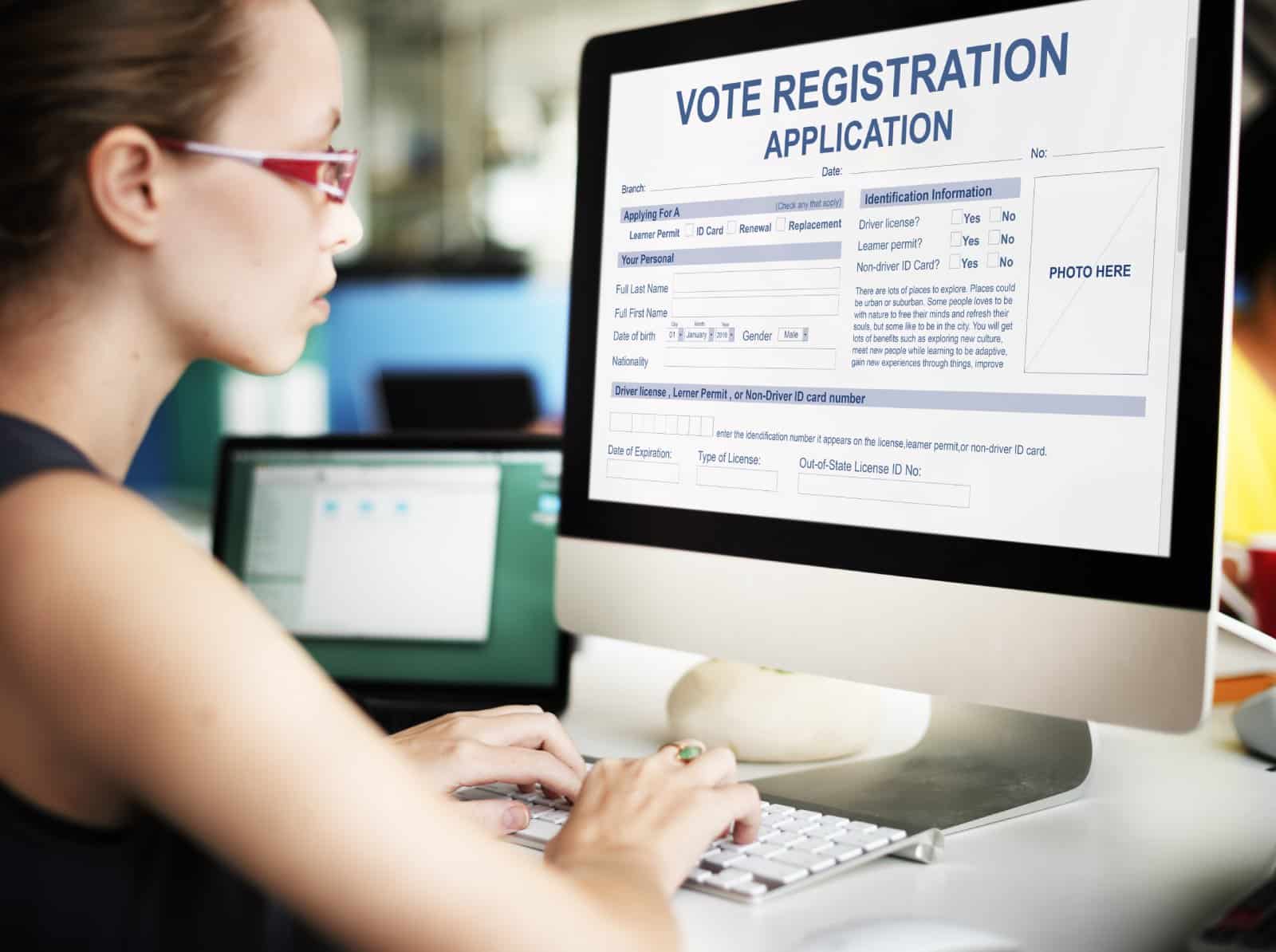
Make sure you’re registered to vote. The deadline for registration typically falls about three weeks before the election day, so don’t leave it to the last minute!
2. Know Your Constituency
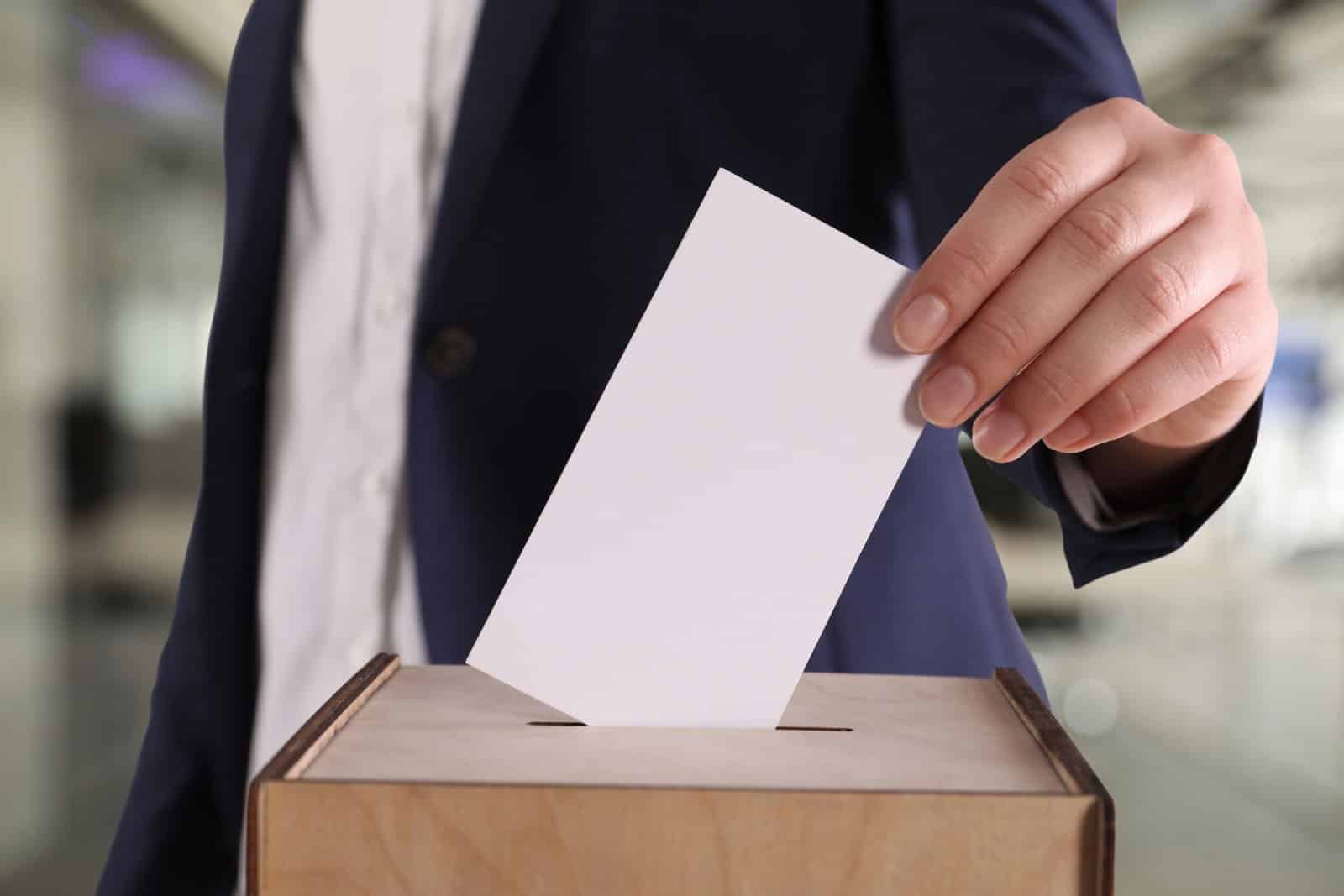
Your constituency decides whom you vote for. Changes in boundary lines can shift which candidates and parties you’re choosing from, making a significant impact on local outcomes.
3. Understand the Voting System
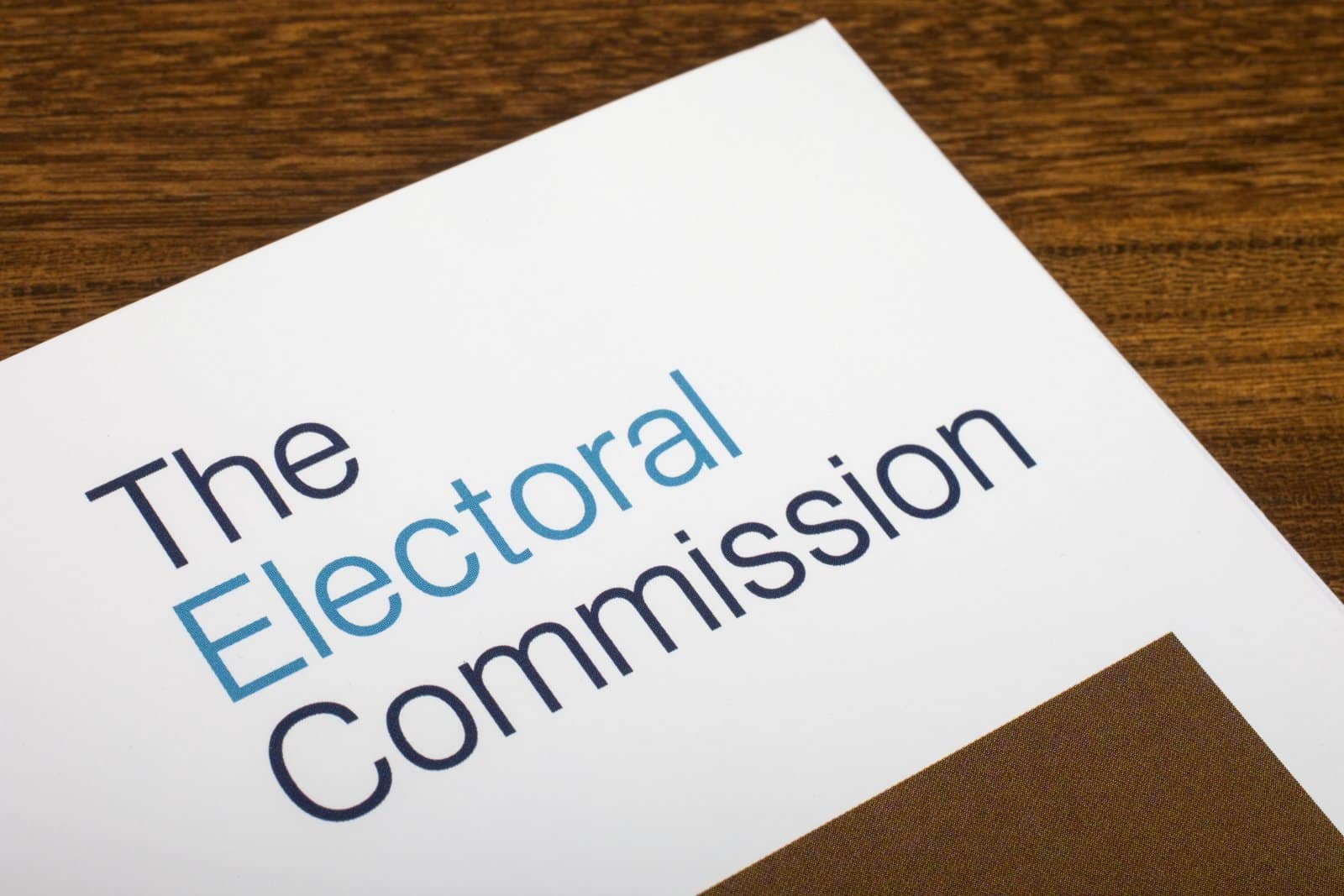
The UK uses a first-past-the-post system for general elections. This means the candidate with the most votes in your constituency wins, making every single vote influential.
4. Research the Candidates

It’s crucial to know who’s running in your area. Look up their past actions and current promises. History tends to repeat itself, so a bit of homework can go a long way.
5. Election Manifestos Matter

Every major party releases an election manifesto outlining their proposed policies. These documents can be lengthy but are essential for understanding each party’s priorities and plans.
6. Polling Station Protocol
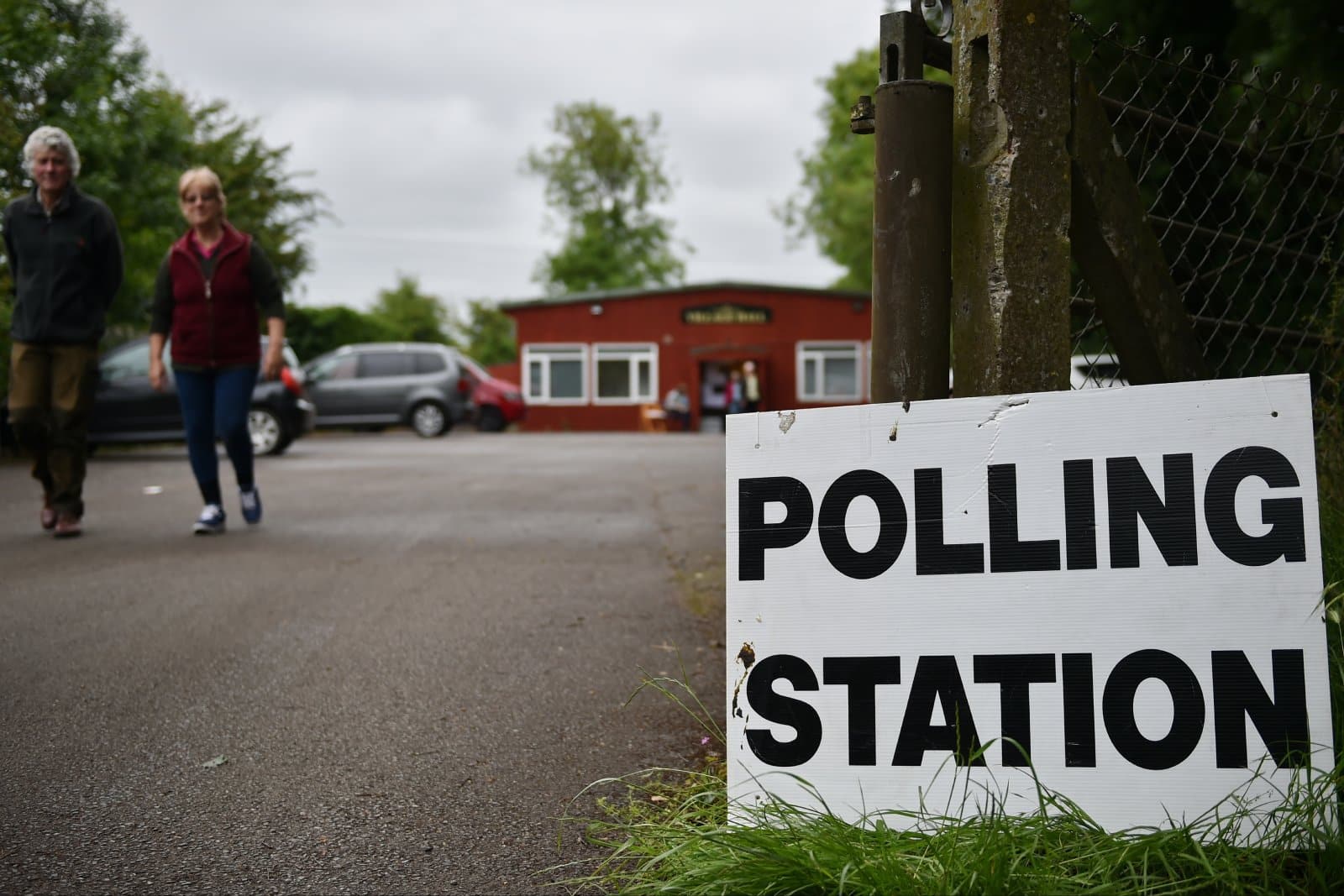
Find out where your polling station is and its operating hours. Remember, you do not need your poll card to vote, but bringing ID is becoming more common.
7. Postal and Proxy Voting
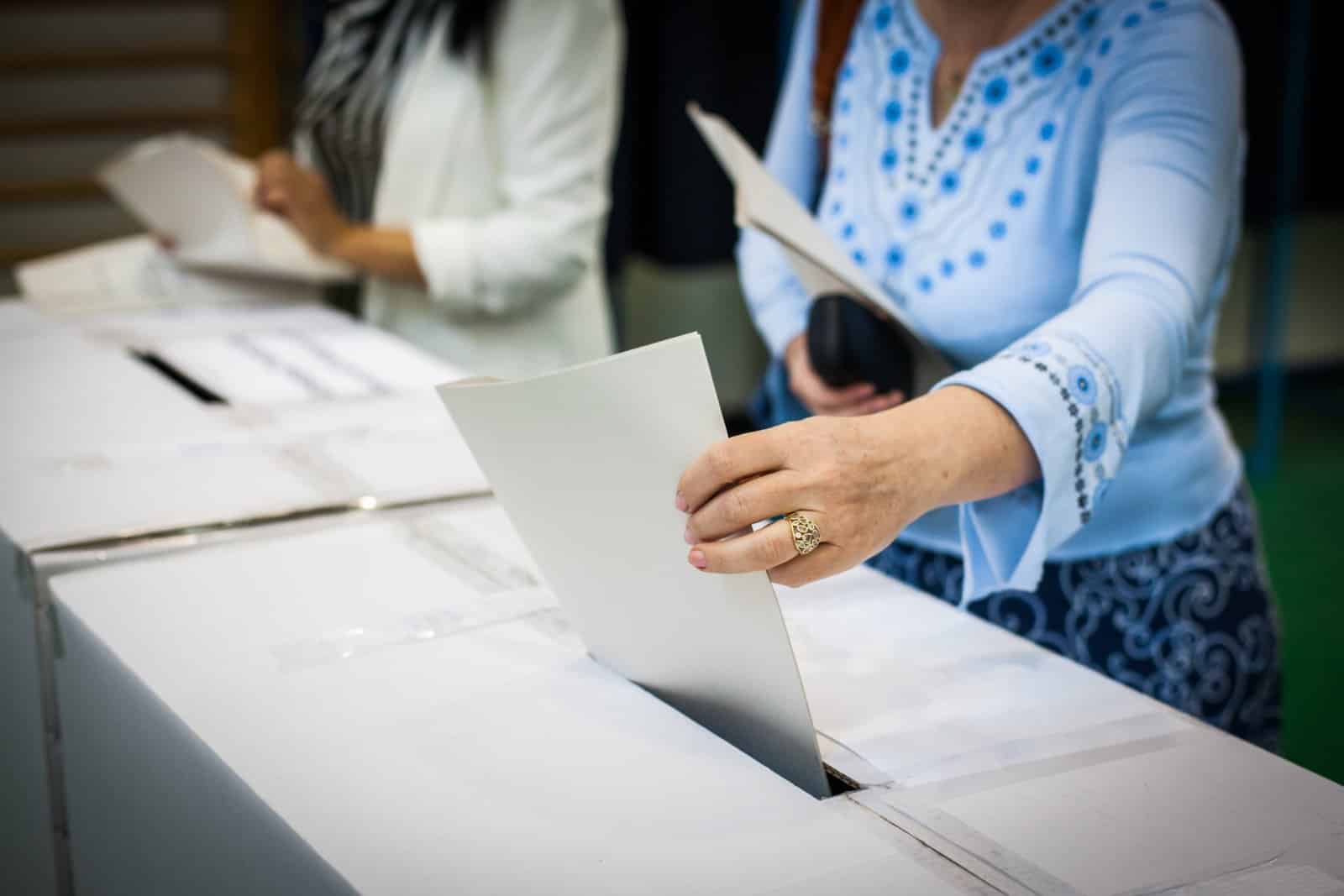
If you can’t make it to the polling station, apply for a postal vote or set up a proxy vote. Remember, applications for these must be completed well before election day.
8. Be Aware of Electoral Fraud

Keep an eye out for signs of electoral fraud. This includes undue influence, bribery, or impersonation at the polls—a reminder that democracy must be safeguarded at every turn.
9. The Role of Media and Fake News

Critically assess the news and information you consume. Media bias and fake news can distort perceptions, especially close to election time.
10. Debates and Interviews

Watching pre-election debates and interviews can provide valuable insights into the leaders’ personalities and policies. How they handle pressure can be very telling.
11. Impact of Your Vote
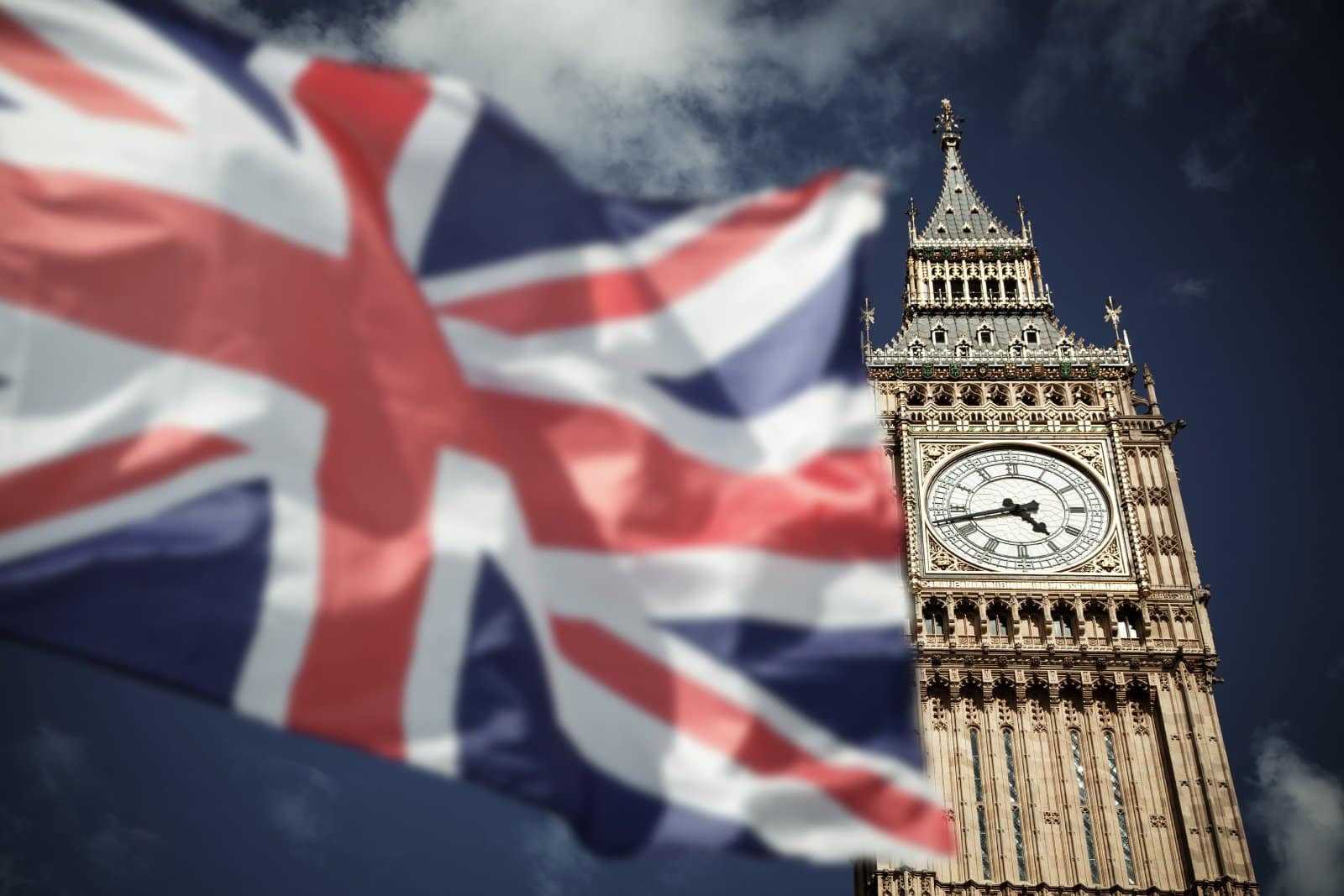
Understand the broader implications of your vote. It’s not just about the next few years but setting the stage for future policies and generations.
12. Election Day Logistics
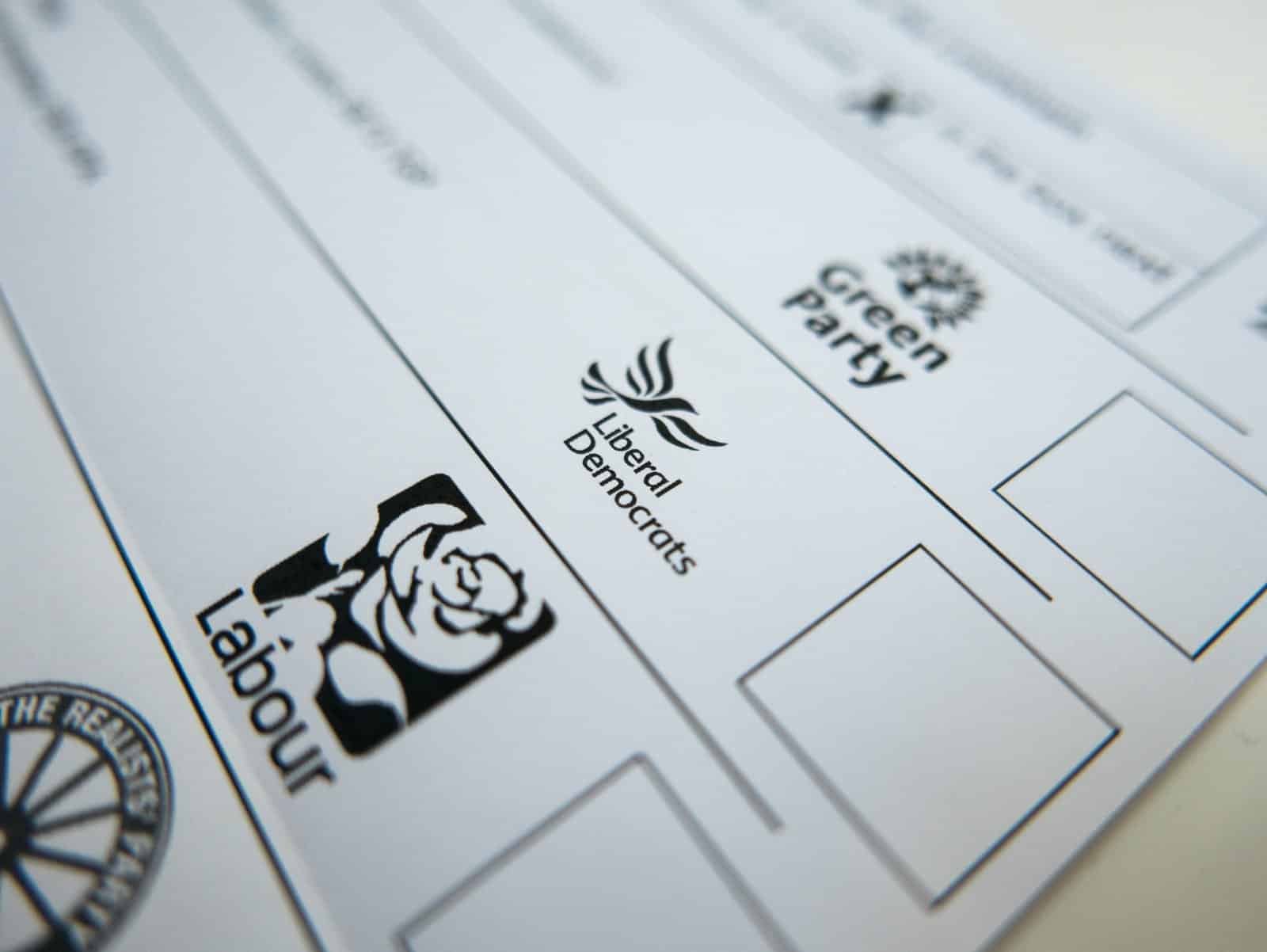
Plan your day around voting. Polling stations open from 7 AM to 10 PM, giving you ample time to fit voting into your busy schedule.
13. Historical Context
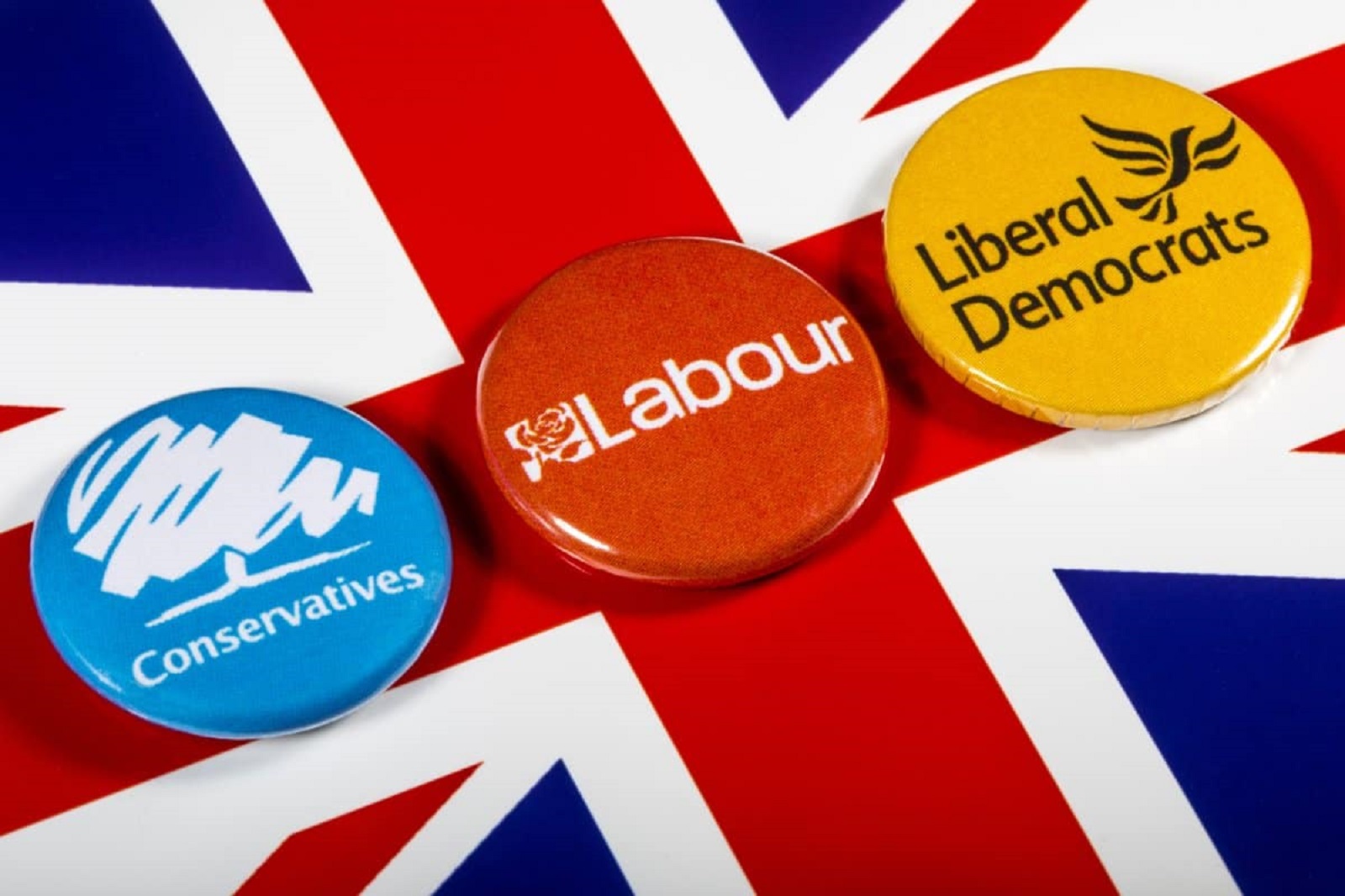
Remember past elections and their outcomes. What worked, what failed, and what promises were left unfulfilled? Use this history to inform your vote.
14. The Cost of Politics

Consider the financial implications of policies on both a national scale and your personal finances. Economic promises are pivotal, especially in uncertain times.
15. Discuss and Debate

Engage in discussions and debates with friends and family. Sharing views can help clarify your own thoughts and potentially open your eyes to other perspectives.
After the Ballots Are Cast

Once the votes are in, the real work begins. Stay informed, hold elected officials accountable, and remember, democracy doesn’t end at the polling station.
The post 15 Key Points For Voters in the UK General Election first appeared on Lists Lovers.
Featured Image Credit: Shutterstock / Rawpixel.com.
For transparency, this content was partly developed with AI assistance and carefully curated by an experienced editor to be informative and ensure accuracy.

